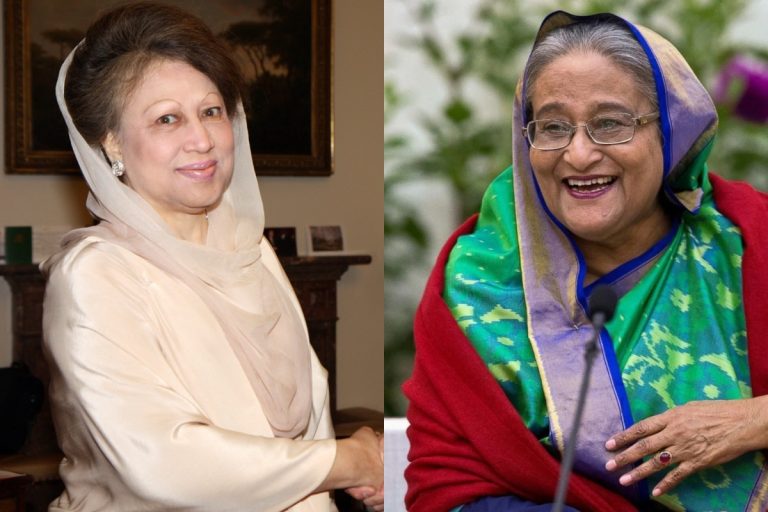International Women’s Day: Origins, history, significance, UN theme for 2024

March 8, observed across the world as International Women’s Day, is dedicated to honouring social, economic, cultural, and political achievements of women.
The women’s day also seeks to drive awareness around issues of gender equality, reproductive rights, and violence against women.
History and origins of International Women’s Day:
First celebrated in the United States on February 28, 1909 in New York City, the event was organised on a suggestion of activist Theresa Malkiel.
In August, 1910, German delegates of International Socialist Women’s Conference — held in Copenhagen, Denmark — drew inspiration from American activists, and proposed to establish an annual ‘Women’s Day’.
The other delegates too were onboard with the idea, and saw it as a strategy to promote equal right, as per reports. No date was however specified.
On March 19 of the following year, more than a million people in Austria-Hungary, Denmark, Germany, and Switzerland celebrated Women’s Day. Since then, International Women’s Day has evolved into a worldwide day of acknowledgment and festivity.
The United Nations started marking the day in 1975, and by 1977, the UN General Assembly had encouraged member states to declare March 8 as the UN Day for Women’s Rights and World Peace.





